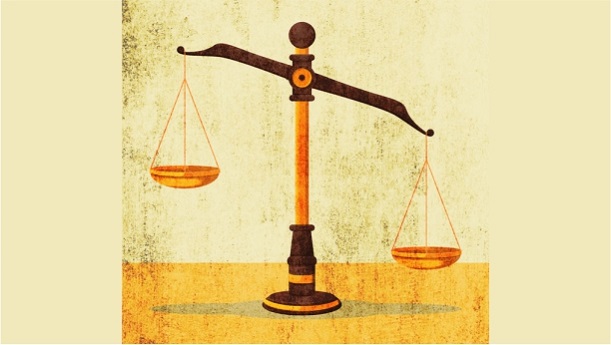
Embracing lopsidedness will—and it must—become more prevalent. The modern business world is complex. Dealing with complexity is a team sport. It requires deep expertise across a range of topics, each of which may be possessed by different individuals on your team.
Log In or become an AIMA member to read more articles
